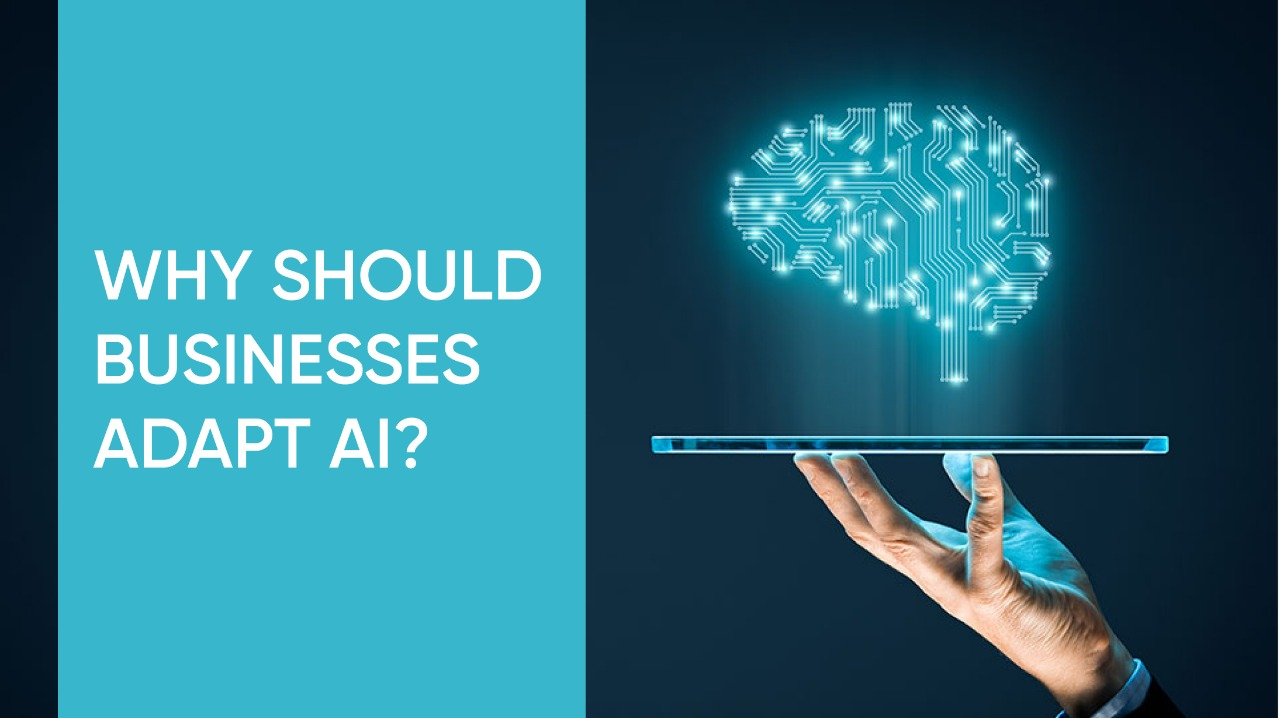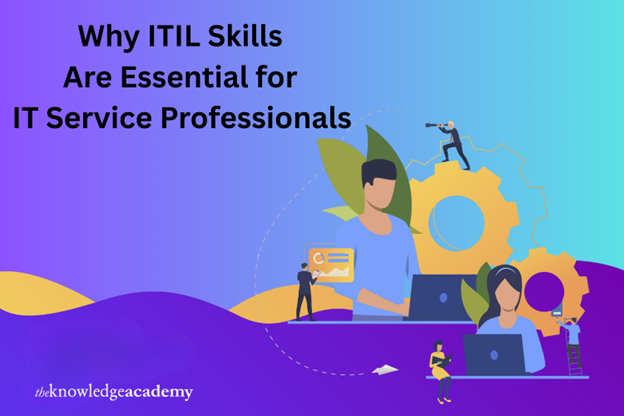Artificial intelligence (AI) is no longer the stuff of science fiction. Thanks to Alexa and Google Home, AI has settled in and established a home in the modern world.
However, AI has a considerably wider range of applications in the corporate world. Almost all business processes across all industries now incorporate AI.
The global artificial intelligence market was estimated to be worth $1.4 billion in 2016. The market for AI is projected to reach $60 billion by 2025.
Business productivity can be raised by AI by at least 40%. In order to be competitive in today's market, businesses must now integrate AI technology into their routine business operations with the help of an AI company.
Why Should Businesses Adapt AI?
1. Enhance the Client Experience
AI is being used by businesses to enhance communications, customer interactions, sales, and marketing.
Additionally, organizations can employ AI to gather data and customer insights that provide them with a competitive edge. Software that businesses may utilize to develop customer-centered changes now includes AI capabilities. The best example is chatbots. Better chatbot automation generates clever insights about how your company can serve clients effectively. 85% of client connections with commercial organizations will be handled automatically by 2020.
AI-powered technologies for small and medium-sized organizations have already been incorporated by companies like Microsoft, Google, and Salesforce. These businesses provide an affordable way for corporations to participate in the AI revolution. Without complex programming skills, AI-powered products can be completely tailored to the requirements of the organization.
2. Boost Business Efficiency and Processes
Company communications, financial management, and back-end business processes are already being impacted by AI.
With personalized interview questions for interviewers, expanded sources of candidates, interview data and analysis, tracking, and accelerated learning and improvement, AI may also streamline human resources and recruiting.
As AI develops alongside other elements of the next generation of technical advancements, such as 5G, IoT, the cloud, mobile-connected gadgets, robotics, and autonomous driving, its importance will rise.
3. Cybersecurity
Although AI is already well-established in the cybersecurity sector, it continues to advance rapidly.
AI aids in the efficient detection of cyber vulnerabilities in software such as Enterprise Resource Planning (ERP) and banking systems.
AI has been included in cybersecurity systems by businesses like Google to safeguard their cloud computing data centers.
Machine Learning algorithms and AI capabilities that give prescriptive and predictive analytics are already being included in security software applications.
Deep Learning will enable the detection of questionable activity before it does harm, making the internet a safer place for our data.
Google's Deep Learning software is 15% more efficient than pathologists with an accuracy rate of 89%.
4. E-Commerce
Online purchasing is becoming more and more popular with consumers. It's predicted that 95% of purchases will be conducted online by 2040.
The majority of modern e-commerce companies have integrated AI into their systems to assist customers in finding the things they want with just a click.
Businesses can better understand their customers' wants thanks to AI.
Additionally, it facilitates the creation of fresh leads, a more effective sales process, and platform customization. Improved client satisfaction is a result of everything mentioned.
Customers can find the things they desire without having to sift through millions of options thanks to AI personalization and lead creation.
Instead, artificial intelligence (AI) aids the user by making recommendations based on past purchases and queries, as well as by displaying relevant products.
5. Streamlined Production
Businesses may now foresee unproductive downtime and potential problems thanks to AI and machine learning technology.
Then, it can build optimized production line techniques and recommend new ones. AI is able to quickly gather and analyze large volumes of data to produce insights that can boost a company's competitiveness in the market.
Businesses can receive suggestions in real time about the supplies they should order and when.
Additionally, it can increase yield rates overall, forecast probable downtime, plan out preventive maintenance, and manage equipment better.
Customer wants are foreseen and met more effectively by manufacturing with AI.
Businesses and consumers will depend more and more on artificial intelligence (AI) every day because 77% of the devices we use now already have some sort of AI.
We should expect new businesses, a vast array of commercial applications, and a wide range of consumer applications in the future.
Currently, artificial intelligence is enabling things that we previously regarded as impractical. Because of this, AI has the ability to significantly change the economy for both consumers and corporations.















Post Comments